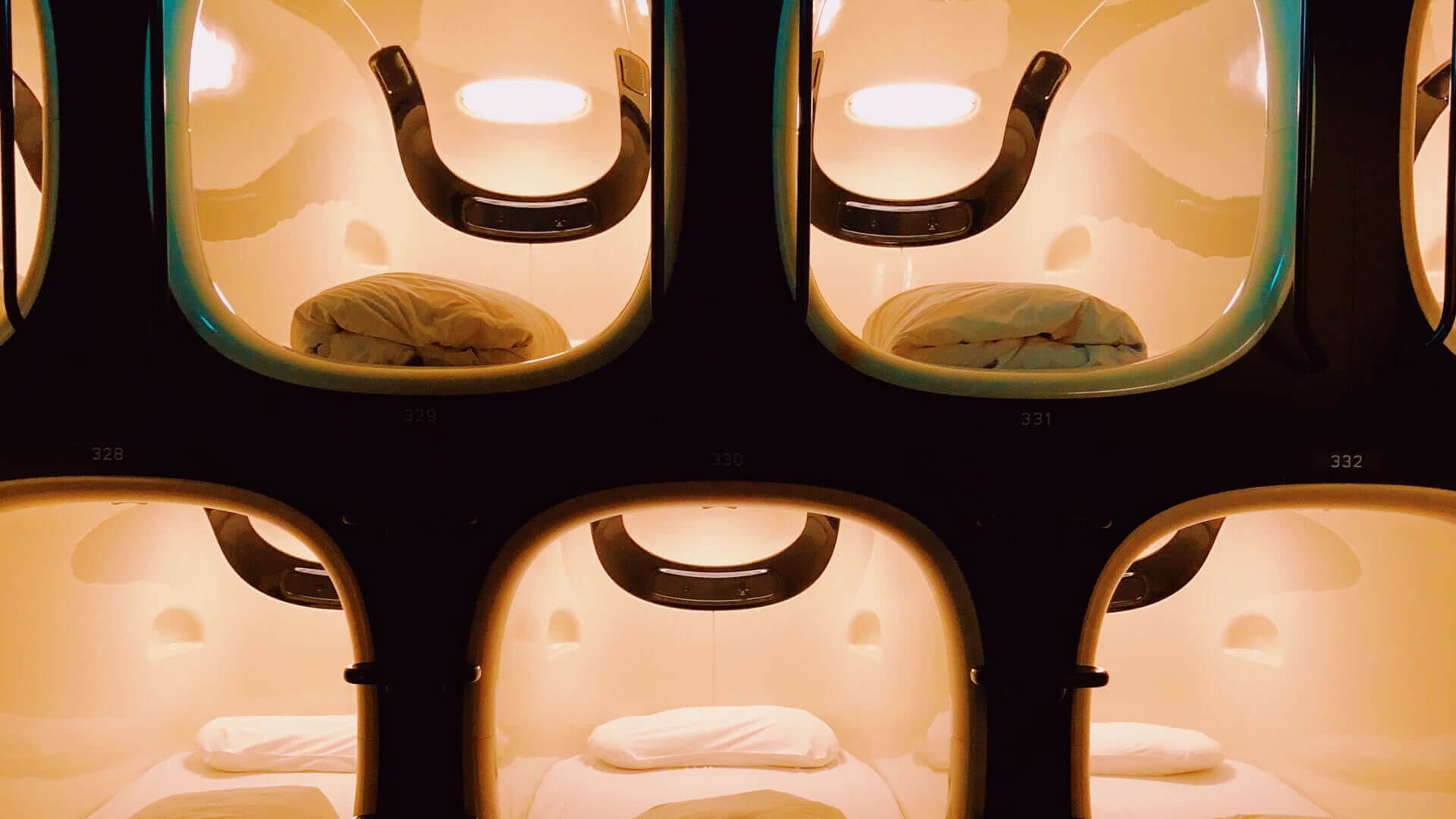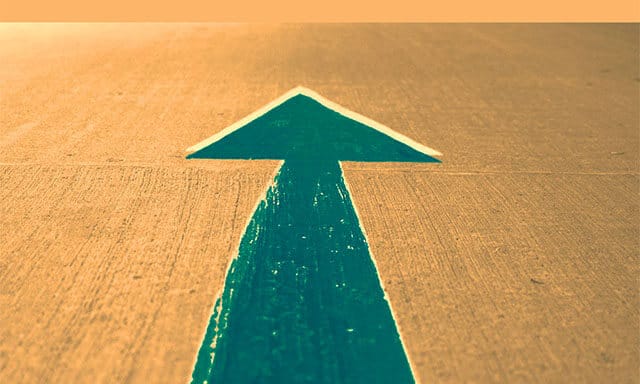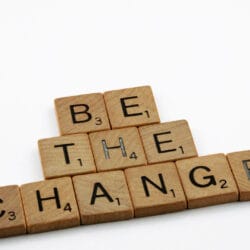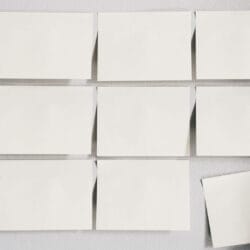You may hear the term Changemaker a lot on Richly Wills, but what exactly do…
The ultimate guide to sleep in a busy, changing world, showing why sleep is so important today, with sleep optimization ideas & tools to set a good foundation.
In this ultimate guide to sleep we underlie the importance of sleep in our everyday lives and how it can help us become more fluid thinkers, and therefore better changemakers, during our waking hours by looking at:
- The reason why sleep is so important today
- Why we deprive sleep in today’s era
- How sleep brings out your more creative and adaptable side
- What we found in our ‘sleep experiments’ (good vs bad sleep, sleep vs diet & exercise, and power-napping)
- Actionable steps and tools to ensure we lay a good sleep foundation each day.
It’s common knowledge that getting a good night’s sleep is vital to your health and can impact the quality and productivity of your day, yet many of us still don’t get enough.
We all know that getting between 7-9 hours of consistent sleep, in general, will help us feel more alert in the day ahead, but we are still prone to skimping on sleep when time is of the essence.
Why Sleep Is So Important (In General Health)
For a very long time not a great deal was known about why we sleep or why we have dreams.
There’s been much greater breakthroughs in this understanding in more recent years thanks to sleep scientists such as Matthew Walker, whose best-selling book ‘Why We Sleep’ uncovers the true importance of sleep in our lives.
You would think it would be important considering we spend approximately a third of our life asleep. We aren’t just doing it because we are lazy mammals either. Every species of animal sleeps, albeit to different rhythms.
We strongly recommend reading Matthew’s book ‘Why We Sleep’, to get a real understanding of why sleep is too important to ignore.
Let’s put it this way, the health benefits of doing so, such as a healthier heart, sharper brain, happier mood, better weight control, offset of diseases like diabetes and cancers, increased social interactions etc., certainly are worth it in itself, but then when you considering the health deficits of not doing so, such as more chance of getting sick, serious diseases like cancer, weight gain, angry moods, lost relationships, poor job performance (basically the opposites), then you really do have enough reason to sleep.
However, despite the obvious health benefits, this article is more about how sleep actively affects our fluid, adaptable thinking potential, as this site is about helping people change and make a difference after all. We know sleep is important but we want to focus on ensuring we benefit from the remaining 2/3s of the time we are awake (and is why we conducted 3 experiments to show the effects of sleep (or lack of) and how it impacts our daily life and our ability in adaptable thinking).
So, to put it simply, why is sleep so important?
Well, without it we just don’t function well at all. Our minds simply are not that productive or fluid.
We may think we can battle through our day and have more free productive hours through not sleeping but those extra hours gained in time are usually time wasted in poor judgement and mistakes compared to if we slept longer and we highly alert.
It’s akin to sending kids to school all day, to after school classes too. You might think your child is becoming smarter by doing so, more time to learn right? Well, studies suggests this is not the case. There’s a peak point to how many hours we can optimally focus through a given day. Hint, it’s not over 10 hours.
So to expect our kids, or ourselves, to work efficiently during that time is redundant, wishful thinking. The study continues to show how our optimal focus time improves by over an hour a day when we have had enough sleep.
An hour might not sound like a lot, and those skimping on sleep to ensure they have 2-3 more hours in a day to ‘get ahead’ might think they have the upper hand, but what they haven’t taken into account is how many ‘wasted’ hours there were when not sleeping compared to sleeping well.
When you take that into consideration then those 2-3 hours ‘saved’ are actually much better spent in bed as the quality of work in nearly every hour diminishes if not rested well.
You could argue that your body and mind adapt. If you don’t sleep much consistently, but sleep get 5-6 quality hours of deep sleep then you will wake up refreshed right? Many think deep sleep is the most important aspect of a quality nights sleep, regardless of time, but sleep runs in cycles and you can’t trick your natural cycles into sleeping less and also breaking down the sleep into smaller cycles.
We typically go through 4-6 sleep cycles a night of different lengths, but they average out to around 90 minutes in length.
You know that groggy feeling if you are woken up in the middle of one, so it’s important to let our body function in a natural way as a lot of things happen during those sleep cycles, our body is repairing and developing, yet it’s also planting the seed for something else that we might not realise.
Why Sleep Is So Important (In Helping Us Adapt)
We associate sleep with routine, and while Richly Wills helps people break stifling routines, sleep is one routine that is absolutely essential to keep. Yet, just because sleep is a routine it doesn’t mean sleep is regulating our mind to think systematically in our waking hours too. All sleep is doing is ensuring we give ourselves the maximum potential to think to an optimal level during our waking hours.
After all, our waking hours are the only hours we are consciously in control of, or at least have the possibility of being in control of. Unfortunately, so many people don’t really seem to wake up to their waking hours in that way. The waking hours become as regimented as their sleeping hours, where daily routines take over their ability to think fluidly when awake.
If you wake up and effectively conserve your energy through A reason people stick to routines in their waking hours often comes from having poor sleep patterns. If you aren’t truly well rested enough then you will waste more hours in your day simply conserving the limited energy you do have, and be more likely to stick to a routine. What’s worse is that many people have become ingrained to think that’s a good thing, but it’s just an easier thing. Having no adaptability to your day means your mind isn’t fluid enough to think differently and what happens is your fluid intelligence drops off faster and faster. You ability to learn new things, to adapt, to solve problems in non-linear ways all drop off and you get stuck in this existing state caught between sleep and awake, where you aren’t really living as you don’t truly wake your mind up from sleep.
It’s why it’s so important to flex your creative muscles early in the morning when you wake up, and a habit of doing so will ensure the elasticity of your mind will continue to flex and make new electrical connections. This activity ensures the likes of dementia and Alheizers don’t kick in.
What help you have an adaptable mind like this? Sleep. Good sleep. There’s a lot more into how to bring out your creative side early in your day, as we are so often ingrained to think we need to start the day with morning routines. At Richly we think starting your day with a spontaneous activity is the best way to wake up your mind towards its fluid potential, as while sleep is essentially important to provide you the fuel and help whitespace and formulate ideas, you still need to be able to wake your consciousness up towards reaping the benefits rather than seeking safety and productivity in routines.
Of course, some element of routine does help productivity over time through repetition but again this needs to be varied repetition to truly keep improving at something through building your creative fluid intelligence, and not just fall into autopilot that will eventually take away electrical connections you have until you aren’t fluid to change at all.
Why We Deprive Ourselves Of Sleep
For all our lifehacking into creating more time & energy when conscious, we simply don’t do enough to optimize our sleep. We simply value our awake time more than we do our asleep time, but why?
To answer this we have to think about what us humans really crave – survival and freedom. We are hard-wired to survive.
It’s an instinct that we don’t really think about. We eat when we need to, we exercise because we know it is good for our bodies and health, and we try and sleep well because it will refresh and reset our mind to wake up fresh. Good sleep will preserve our energy and essentially give us more chance of survival. This is the principle anyway.
However, we are living in modern times where our immediate survival isn’t at stake like it once was for our ancestors. Our survival mechanisms don’t kick in as much as they did in the past, only when absolutely needed, so we have much more time to ponder about what makes life more purposeful and important.
Today, we find our survival needs are met through fitting into a civilized, yet competitive, society. We seek ways to both navigate through life safely but also to life hack to give us an edge.
We become obsessed with productivity, with utilizing our time and energy to maximum effect. We are more self-aware of the importance of our own individual life and seek to make our life count more.
We hear phrases like ‘you can sleep when you are dead’ or ‘Elon Musk never sleeps and he’s doing pretty well’.
As we live relatively comfortable lives (compared to our ancestors) we think we can push back our sleep a bit. We think it’s more important to get that one last task done to get ahead and sleep is the afterthought. You see students cram for an exam by only sleep a few hours, or not at all!
We think it gives us more time and energy to focus on taking more information in, and as technology has expanded our available information at our fingertips has skyrocketed.
We become more likely to read something short and move swiftly onto another tidbit of information that has no deliberate practiced learning and fill our day with this fluid but the undisciplined practice of cramming. While technology has helped create numerous timesavers, it’s also presented us with far more options to fill that saved up time.
No wonder we feel overwhelmed, burnt-out. We are chasing information overload every day.
Yet, instead of simply resetting we try to digest more and find other life hacks to make sure we can do so. We are told to work harder rather than smarter. We do work harder, but then, without sleep, we fail to see how to work smarter.
Why Sleep Is Our Best Life Hack
What if we were to give more attention and time to sleep?
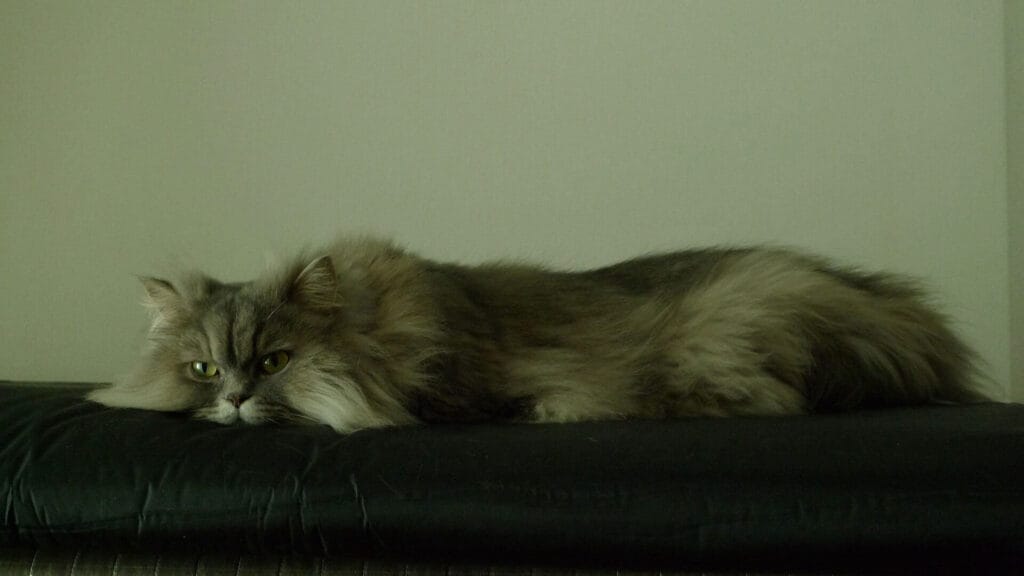

There’s plenty of list articles out there on the many health benefits of sleep. To break it down quickly for you:
Poor sleep leads to weight gain, heart disease, strokes, diabetes, irritability, depression, and even cancers. Simply put, your body needs sleep to recover and fight off illnesses, dark thoughts, and emotional outbursts.
Good sleep can lead to increase productivity and focus, higher physical endurance, stronger immune function, better communication, and outlook on life. Simply put, sleep well and your mind and body will reward you.
These health benefits (and disadvantages) should be enough to encourage us to sleep more often. It really is a superpower within us. The irony is, we spend so much time & energy trying to figure out how to optimize our time & energy we miss out on arguably the easiest and most powerful time & energy-boosting life hack of all.
We seem to think that we can only change something in our life when we are consciously awake to it. And for a long time sleep and dreams were an unconscious, mystical unknown.
It seems counterintuitive to sleep more to have a longer and more productive life, but think of it this way:
Do you want to have say 18 half-speed hours in a day, or 16 alert ones?
Now, everyone wants to have more effective and happy lives. No one wants to be tired or miserable.
It’s largely ingrained modern societal habits that encourage people to consciously tell themselves to deprive themselves of their own superpower (one that would give them a much greater foundation each day to be more effective and happier).
And while, of course, there are other important factors in our daily lives that also ensure our productivity or satisfaction, good sleep is a foundation upon which our whole day (conscious and unconscious) is planted. It provides us the clarity to make good conscious decisions that would help us lead more enriched lives.
It then becomes a question of ‘how to ensure you consciously program yourself to sleep better’, but before that, we ran a few experiments to see just how much our daily lives can be impacted by a lack of sleep.
Our Experiments On The Importance Of Sleep
The First Experiment:
The Difference Between A Good Sleep & Poor Sleep
A few of us here at Richly Wills (plus a few friends), devised a two-week experiment where we simply monitored our own (and each other’s) reactions through a week of dedicated quality sleep (using our optimized sleep life hacks below) and a week of enforced broken sleep patterns.
We wanted to see the effects of sleep on our daily activities and mood swings. We were not allowed to try and regulate our lack of sleep with substances like coffee either.
We ensured our 10 participants alternated the ‘good’ sleep ‘bad’ sleep experiment weeks with each other (5 started week one with bad sleep, 5 with good sleep, and then swapped).
The results:
Safe to say, one week was quite productive, one was more or less a waste.
Had it not been for knowing we were each running the experiment then a few of us could have otherwise found ourselves without a job, and even friends, after the experiment concluded.
The levels of crankiness were through the roof when people were sleep deprived. The quality of work was rated by others not in the experiment (who didn’t know whether they were ‘grading’ work from a sleep deprived or well-rested participant or not), and there were clear correlations between those with quality output and good sleep, and those with sloppy work and poor sleep.
This was only in the workspace. We also journaled other notes of interest in our time away from work. Those without good sleep would either make short notes with a more negative tone, or just avoid journaling altogether. Those well-rested found journaling to be a pleasure in comparison.
Yet, the most striking difference was in a few creative and emotional challenges we set up for the participants. Contrary to the myth that when we are sleep deprived our mind can conjure up more imaginative thoughts, like if we have had alcohol, we found the opposite.
It might seem like inhibitions are let out when people drink alcohol that then leads towards more ideas, but all the alcohol is doing is suppressing our fears, not enhancing our creativity. A lack of sleep works in a similar way.
People were less afraid to express their emotions. In a simple emotional challenge of expressing the face that comes up on the screen, those who were more sleep deprived showed more emotional extremes. They would enforce expressions of anger or sadness stronger than those who were well rested.
In the creative challenge of coming up with different combined uses of 5 objects those who slept well were not only able to come up with more creative solutions, but they also worked better as a team. Those who were sleep deprived became more agitated when a solution didn’t go their own way, and had less combined solutions (despite being creative people on the whole).
The Second Experiment:
Is Sleep Is More Important Than Diet & Exercise?
The Third Experiment:
Does Taking A Nap Increase Our Productivity?

